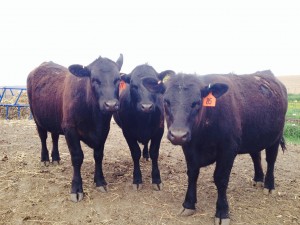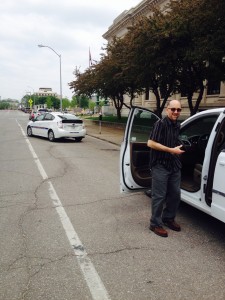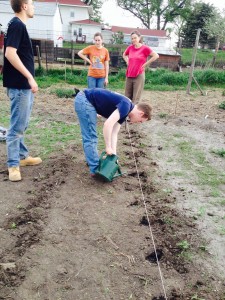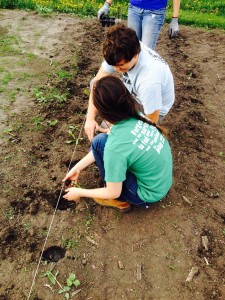The World Food Prize Hall of Laureates was a very eccentric place. The emphasis was placed on Norman Borlaug, of course, as well as the billion of lives he has saved. We learned about how he earned the Noble Peace Prize, The Presidential Medal of Freedom, and the Congressional Gold Medal. Three awards that only three (or seven) people have received, one being Martin Luther King. Norman Borlaug developed a semi-dwarf wheat hybrid which produced high yields and was disease-resistant. It required a lot of water and nitrogen, but the high yield was like never before. It dramatically changed the life of farmers in rural and poorer areas in Latin America and Asia. The World Food Prize Hall of Laureates seemed to focus more on the history of the house and the renovation I felt, but our book was very informative on the topic.
From Food Politics, Paarlberg explains that the Green Revolution introduced new wheat and rice seeds to Latin America and South and Southeast Asia. This cross breeding produced 8,000 new seeds with 11 different crops. These plants produced higher yields than had ever been seen before, but was not ignored by critics. The fears consisted of greater income inequality arising, environmental damage, reduction of biodiversity, and a few others. However, the benefits were so strong the people in these rural communities were not afraid. It reduced hunger in Asia, drove down the prices and increased the abundance of food, benefited the farmers, benefited nutrition, and was the quickest escape we have seen to malnutrition in a short amount of time. These crops were monumental, which is what the World Food Prize emphasized. The negative effects were those of poorer farmers being excluded from government benefits in Latin America and well as inequalities worsening. Also, excess water and pesticides we used killing the bugs that benefited the crops in Asia. Although there were pros and cons of the Green Revolution, they say that the only thing worse than the negative effects of it would be not having it at all. I believe that Borlaug opened the door to innovation in agriculture, including GMOs. Like the World Food Prize, I am all for these modified seeds and believe they cause more good than harm for these rural communities.
After we got done with the World Food Prize, escaping a parking ticket, we went to Dalona’s to help her plant. We did about 4 rows of flowers and also fed the cows and collected eggs from the chickens. It was a different experience for sure to reach under a chicken and grab the eggs right out from under it.




